[Editor’s note: Thank you to our colleague Tony Jaques for allowing us to reprint this fantastic post that investigates the culture of finger-pointing in the wake of crisis]
Blaming the victim is an ugly strategy which is seldom smart in the wake of a crisis
The Ebola outbreak is providing endless fodder for commentators and instant experts around the world. But events in the Texas hospital where two nurses contracted the disease provide a stark lesson in the danger of trying to assign blame.
When US Centres for Disease Control Director Dr Thomas Frieden declared it had been caused by a “protocol breach” the result was swift, inevitable and highly damaging. One headline read: ”CDC Head slammed for blaming nurse infected with Ebola.”
America’s largest nurse union said the Dallas hospital was “constantly changing” its protocols for dealing with Ebola patients, and that there were multiple safety lapses. In fact a CDC epidemiologist admitted that protocols at the hospital “evolved” while the patient was being treated.
The New York Times commented: “If the hospital has served as a canary in a coal mine for the country’s Ebola response, the results have not inspired confidence.”
The nurse was eventually declared Ebola-free and got to hug President Obama, but the incident highlights a critical lesson for crisis management – assigning blame before all the facts are known is seldom very smart. However it is, sadly, all too common.
When a Walmart truck rear-ended a limousine earlier this year, killing comedian James McNair and critically injuring actor Tracy Morgan, Walmart President Bill Simon earned widespread praise for saying that his company “will take full responsibility” if its truck caused the pile-up. Just weeks later the company’s lawyers filed a court statement which said the passengers’ injuries were caused “in whole or in part” by their “failure to properly wear an appropriate available seatbelt restraint device,” which it said constitutes unreasonable conduct.
When a runaway oil train largely destroyed the Canadian town of Lac-Mégantic last year, the railway CEO went to the site and blamed the driver. A subsequent inquiry blamed a “weak safety culture” and cutting corners to save money.
And after the infamous Longford gas plant explosion in 1998 killed two men and cut off gas supplies to Victoria for two weeks, owner Esso initially blamed an individual worker at the plant. The Coroner subsequently found the multinational “solely responsible for the disaster.”
We know from research at the Institute for Crisis Management that more than half of all crises are caused not by workers or other causes, but by MANAGEMENT. So why do organizations go down the track of trying to blame a crisis on someone, anyone, other than themselves? Partly because they can and partly because the media and the public want a simple story that’s easy to understand. And maybe because lawyers have too much influence. But it’s a dangerous crisis response strategy which can backfire terribly.
As the American nurse union concluded about the CDC’s misjudged statement: “You don’t scapegoat and blame when you have a disease outbreak. We have a system failure. That is what we have to correct.”
Tony Jaques manages Australian-based issue and crisis management consultancy Issue}Outcomes, and is the author of the upcoming book, Issues and Crisis Management: Exploring Issues, Crises, Risk and Reputation, available on Amazon or wherever books are sold.















